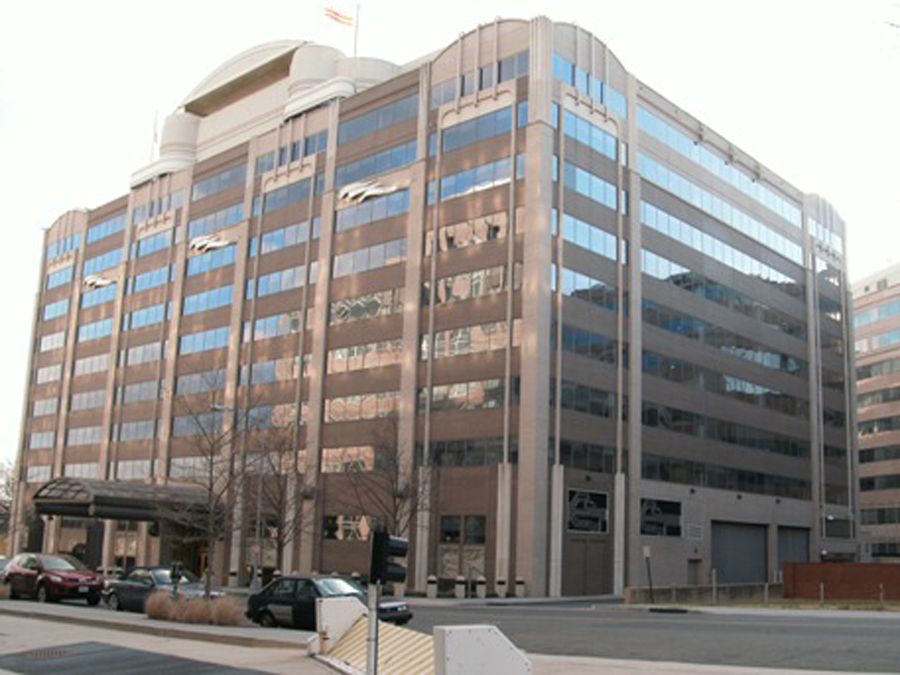FCC Defends Enhanced Foreign Programming Sponsorship ID Rules
Said speech burden is minimal to advance important government interest

The smarter way to stay on top of the multichannel video marketplace. Sign up below.
You are now subscribed
Your newsletter sign-up was successful
The FCC said broadcasters' challenge of its new program sponsorship rule changes are wrong on all counts.
That point was made in the commission's brief to the U.S. Court of Appeals for the D.C. Circuit.
The FCC voted unanimously last April to boost disclosures for programming on airtime leased by a foreign entity. The move came amid heightened focus in D.C. on disinformation campaigns and despite pushback from broadcasters, who argue the FCC is adding regulations to an already overregulated service, including charging broadcasters with the responsibility to investigate for foreign ownership.
"The FCC now requires a TV station to both ask whether a lessee is a foreign governmental entity and if they say no, confirm that with a check of the Justice Department’s online Foreign Agents Registration Act database." It argues that "reports of hidden broadcast program sponsorship by foreign governments or their representatives through the leasing of airtime called for a measured response to protect the public’s right to know."
The National Association of Broadcasters, joined by the Multicultural Media, Telecom and Internet Council and the National Association of Black Owned Broadcasters, challenged the decision in D.C. Circuit, which has principal jurisdiction over FCC decisions.
Broadcasters argued the FCC doesn’t have the authority to impose the obligation to investigate “every existing or new leased programming agreement” on broadcasters to ensure they do not run afoul of FCC rules. Suggesting the FCC was signaling broadcasters for special mistreatment, they said the FCC order didn't say anything about undisclosed foreign government programming on cable systems or over-the-top video, where, they argue, the real problem is.
In its brief to the court this week, the FCC laid out its case succinctly: "The Commission reasonably interpreted Section 317 [of the Communications Act] to authorize a limited and straightforward name search requirement to verify that a party leasing airtime is not a foreign governmental entity. Broadcasters have long been subject to sponsorship identification rules (which Petitioners do not challenge here), the added burden of the new rule is minimal, and the rule serves a substantial governmental interest. The rule therefore complies with the First Amendment and the Administrative Procedure Act."
The government is allowed to regulate speech, but it must take the least restrictive means and have a strong, or for the most restrictive measures, compelling government interest in doing so. The Administrative Procedure Act said an agency must not be arbitrary or capricious. ■
The smarter way to stay on top of the multichannel video marketplace. Sign up below.
Contributing editor John Eggerton has been an editor and/or writer on media regulation, legislation and policy for over four decades, including covering the FCC, FTC, Congress, the major media trade associations, and the federal courts. In addition to Multichannel News and Broadcasting + Cable, his work has appeared in Radio World, TV Technology, TV Fax, This Week in Consumer Electronics, Variety and the Encyclopedia Britannica.

